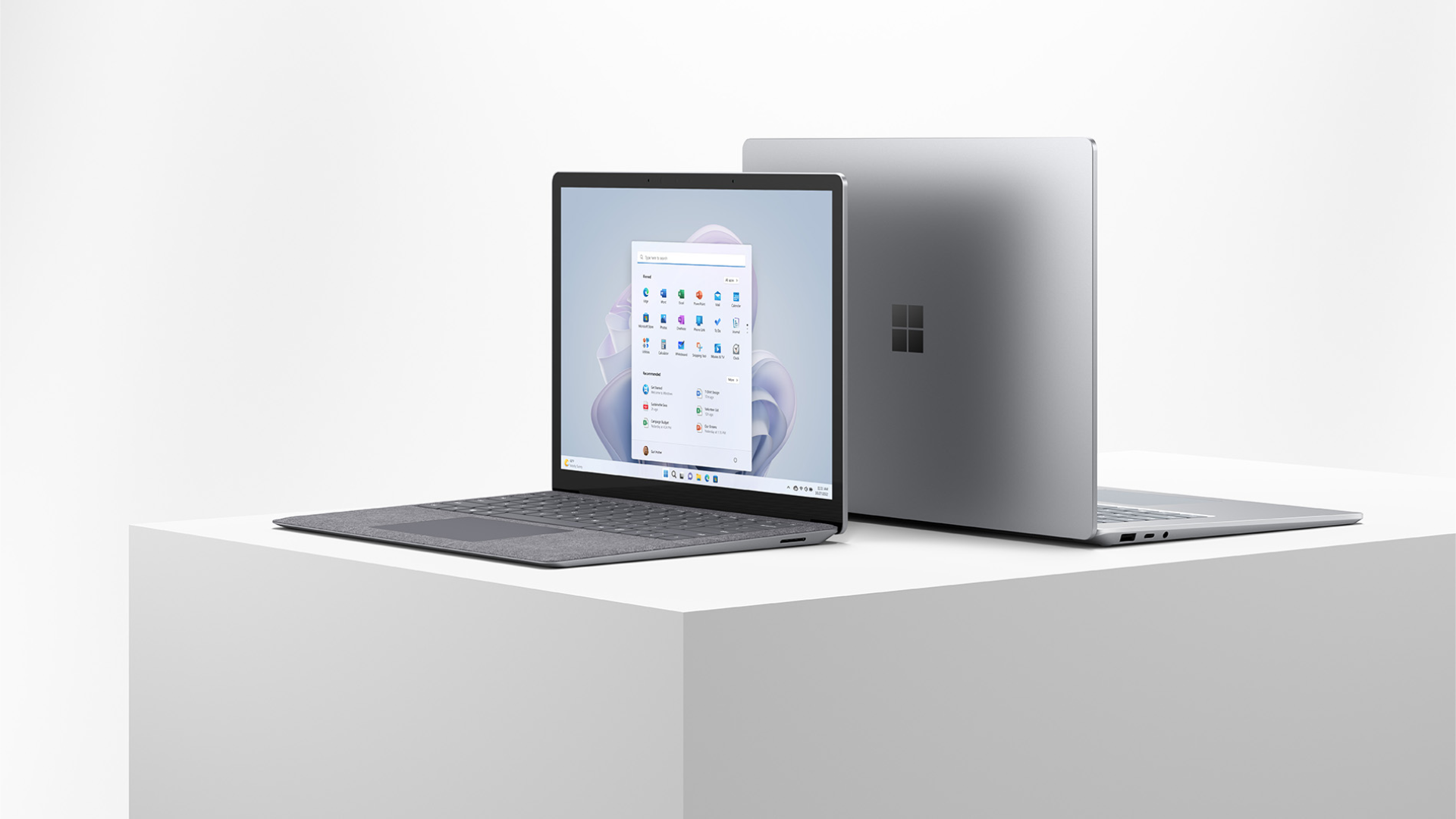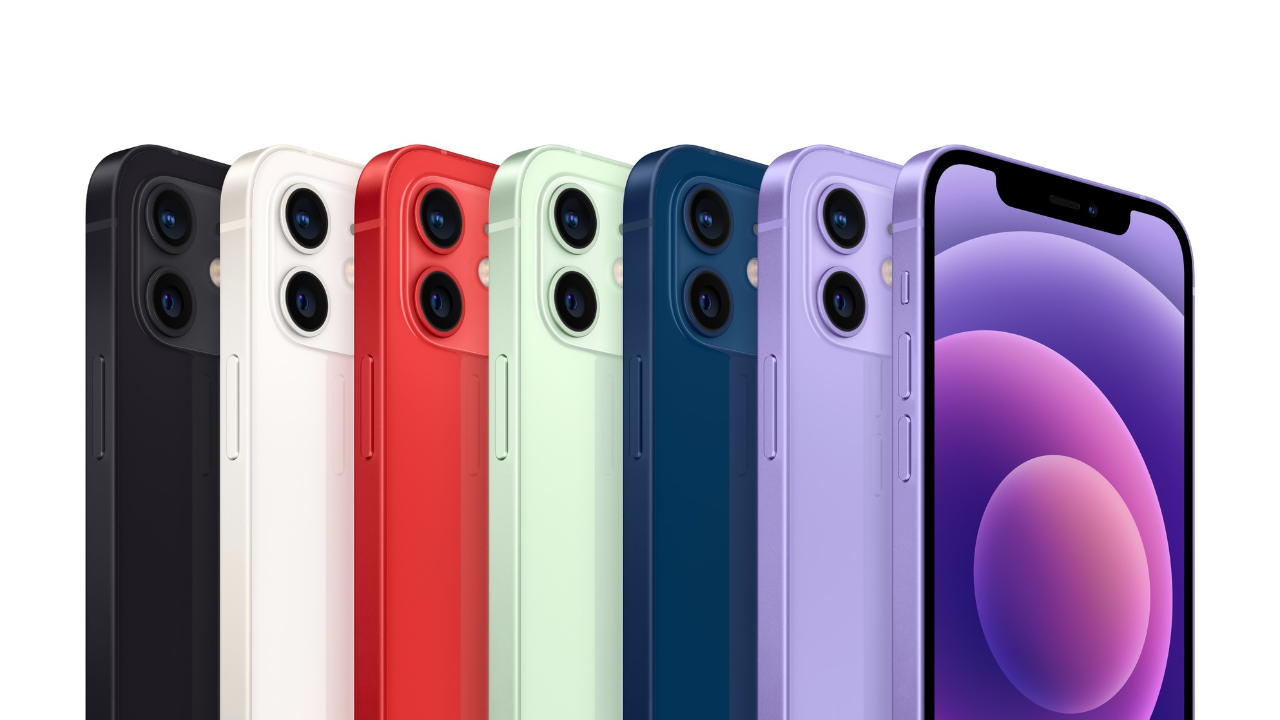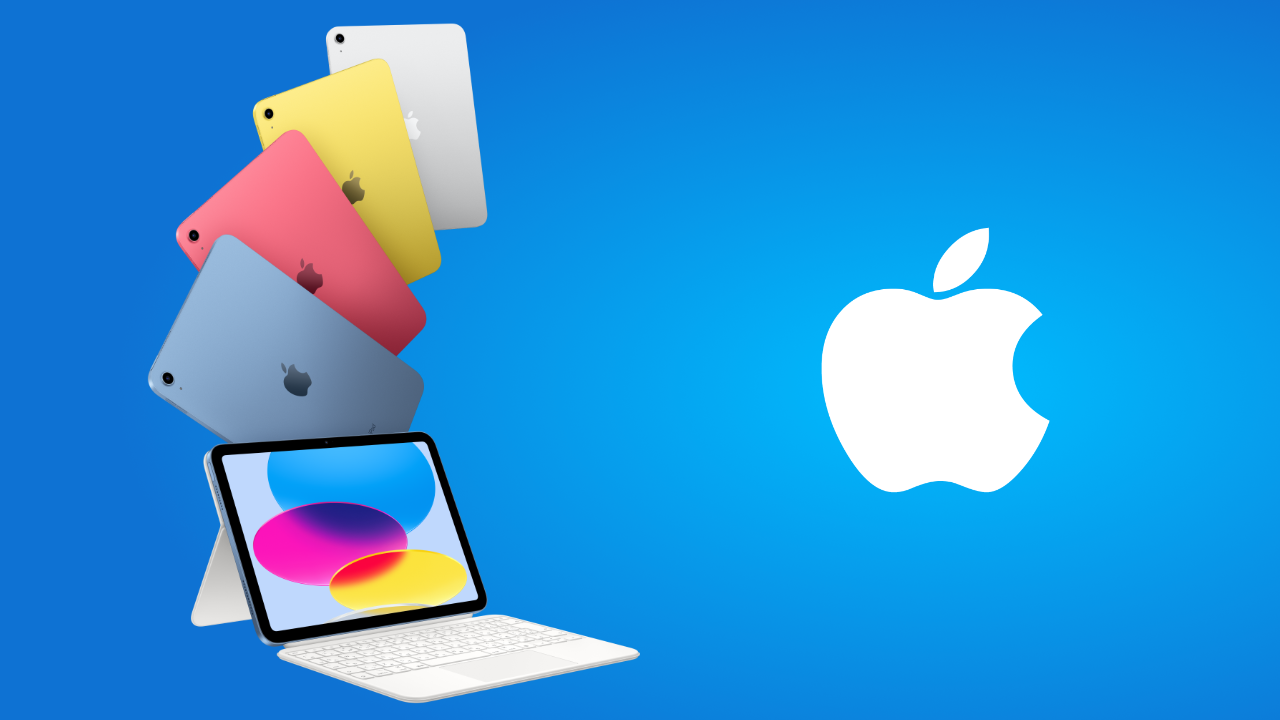Last week we discussed operating system platforms and left off on Browsers. Here on Platform De.Central we care about Market Choice, Data Privacy & Platform Choice. In Part 2 of our 3 part series ‘The Illusion of platform choice’ we will be reviewing browsers based on those three criteria.

Google Chrome
Google has changed web standards to the point where most web developers have to build for Chrome. This leads to incompatibilities with other browsers, especially ones with alternative rendering engines like Firefox and Legacy Edge. Another part of this is that Google is an Ad company, the browser incompatibility is one way it shields itself from direct competition. Another major part of this is also Google’s handling of data privacy. Chrome currently has 64% market share that Google wields anti-competitively. Have you noticed that no matter which Android phone you buy Chrome and Google search are installed on it, even though a company like Samsung might have its own default browser. That is because Google holds the Google Play Store hostage, if an OEM wants the Google Play Store (where all the apps are) on their shiny new Android Phone, they have to then include Google Play services, Google Search, Google Play Movies, Google Play Music, YouTube, Google Photos, Google Drive, Google Duo, Gmail, Google Maps, Google Docs, Google Slides, Google Sheets & you guessed it Google Chrome. Now you know why you have hardly any storage left over for the Apps you want, in other words you have less room for your own market choices. Google does enable platform choice in that you can install Chrome on nearly every platform it is not the default on already like MacOS, Windows 7/8/10, iOS, iPadOS & Linux. No Windows 10 (Arm) version, you will have to make due with emulating the 32-bit version. Similar to Safari, on Android the rendering engine has to be Google’s Blink, which itself is a fork of Apple’s Webkit. So while you can install many different browsers on Android, they are all basically Chrome. Google is being investigated in 16 different cases concerning privacy and anti-competitive behavior.

Apple Safari
Which leads us to Apple’s Safari. Safari is a privacy focused browser much like Apple’s other services, but it does not give you Platform Choice. You can only use Safari on Apple’s own platform. Furthermore on iOS and iPadOS you cannot change the default browser and the only rendering engine allowed on iOS is Apple’s own webkit. So while you can install the a myriad of other browsers on iOS and iPadOS they are all webkit browsers. The exception to the restriction of installing other browsers is of course MacOS, you can install other browsers with varying rendering engines. You cannot however install Safari on Windows, Android or Linux, therefore limiting platform choice.

Microsoft Edge
Remember the point I made about web developers building for Chrome, well legacy Edge used to have its own HTML5 rendering engine. But certain websites (usually Google’s own websites but not always) would not render properly. This lead to a loss in market share among alternative browsers. Well Microsoft has now taken the approach that ‘If you can’t beat them, join them’. As of January 2020, Microsoft Edge is built on top of Google’s Blink rendering engine. The reviews are in Edge is fast, fluid and full of great features. The part we are interested in however is Market Choice, Data Privacy & Platform Choice. So for Market choice, This is no longer the same Microsoft that once had the famous trial about anti-competitive practices involving Internet Explorer. Edge is the default on Windows 10, but you can change the default to anything you want. Data Privacy, Edge has many robust privacy controls built-in, its like having Chrome but without Google. The way Edge handles web apps and PWA’s (progressive web apps) is particularly unique. When you are on a site that you want to install as an app like Twitter, there is a section in the menu named ‘Apps’, then go to Install Twitter. This feature existed elsewhere but the terminology is telling. Microsoft see web apps as apps and once you install it, it is hardly discernible from a native app. For Platform Choice, Edge is widely available on Windows 7/8/10, Windows 10 (Arm), Mac OS, Android, iOS and eventually Linux.

Firefox
Firefox is and has been known as a browser that protects your privacy. Since our fourth entrant in this comparison is not from a platform owner then it does not limit you install other browsers on their platform. It does give you the choice of search engine you want during setup, props on that one. It is missing a key feature however, you cannot install web apps and pin them to your dock, taskbar or start screen unless you are using it on Android. Firefox is widely available thus giving you Platform Choice on MacOS, Windows, Windows 10 (Arm), iOS, Android & Linux.

Brave
Like Firefox, Brave is known for being a privacy focused option. again since Brave is not a platform owner it can’t restrict the apps you choose and you can use any search engine. As far as Platform Choice, Brave does not restrict your platform choice and is available on MacOS, Windows, iOS, Android & Linux. No Windows 10 (Arm) version though, you will have to make due with emulating the 32-bit version until Brave support for Windows 10 on Arm is available.
Platform De.Central Browser Scores 2020
By Platform De.Central










You must be logged in to post a comment.